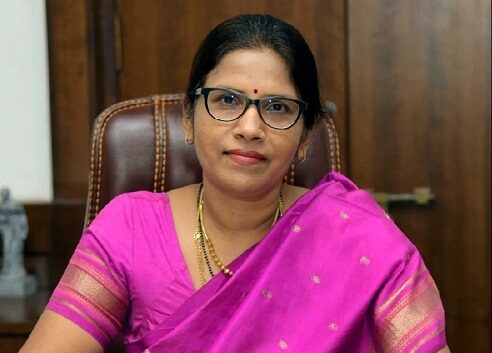Kejriwal Proposes Joint Housing Scheme for Government Employees in Delhi

Kejriwal Proposes Joint Housing Scheme for Government Employees in Delhi. Delhi Chief Minister Arvind Kejriwal has proposed a joint housing scheme for government employees, with a specific focus on sanitation workers, to address the housing challenges faced by this community. In a letter to Prime Minister Narendra Modi, Kejriwal requested the allocation of land at “highly subsidized” rates for this welfare initiative, which he believes could significantly improve the living standards of government workers, particularly after retirement.
Kejriwal Proposes Joint Housing Scheme for Government Employees in Delhi
Addressing Housing Challenges
During a press conference, Kejriwal highlighted the pressing housing crisis in Delhi, especially for the economically weaker sections. He emphasized that many sanitation workers, referred to as Safai Karamcharis, are forced to live in slums post-retirement due to inadequate pensions and limited savings.
“Their pensions are not sufficient to afford rented housing nor do they have enough savings to buy a house for themselves. I have seen many Safai Karamcharis who, after retirement, are forced to live in slums,” said Kejriwal.
This proposed scheme aims to enable government employees to own homes by paying affordable installments during the last phase of their service.
Key Features of the Proposal
- Subsidized Land Allocation: The Delhi government seeks land at reduced rates from the Centre to develop affordable housing units.
- Focus on Welfare: The scheme prioritizes sanitation workers employed by the Municipal Corporation of Delhi (MCD) and the New Delhi Municipal Council (NDMC).
- Pilot Program: Initially, the scheme would benefit Safai Karamcharis, with plans to extend it to all government employees in Delhi.
- Flexible Payment Plan: Beneficiaries would pay installments during their final working years, ensuring financial feasibility.
Expanding Welfare Programs
Kejriwal has made several welfare-oriented promises as part of his election campaign, including:
- Mahila Samman Yojna: A monthly honorarium of ₹2,100 for women.
- Sanjeevani Yojna: Free healthcare for senior citizens.
- Waiver of inflated water bills.
- Pujari Granthi Samman Yojna: A monthly honorarium of ₹18,000 for temple priests.
This housing scheme aligns with Kejriwal’s larger agenda of enhancing social welfare and addressing the needs of underserved communities.
Collaboration with the Centre
Kejriwal expressed hope that the Prime Minister and the central government would support this initiative. He underscored its potential to alleviate housing problems in Delhi and uplift the lives of sanitation workers.
“This is entirely a welfare-oriented scheme. Initially, Safai Karamcharis can benefit from it, and later it can be extended to other government employees,” said Kejriwal.
Aslo Read – Celebrating Sanskrit Scholarship Prime Minister Modi’s Vision for Kashi’s Renaissance
Broader Implications
Housing affordability remains a significant challenge in Delhi, where high property prices and rental rates strain low-income families. If implemented, this joint housing scheme could serve as a model for other states facing similar issues.
With Delhi’s assembly elections approaching on February 5, the proposal has sparked discussions about its feasibility and potential impact on Kejriwal’s campaign.
This initiative underscores the importance of prioritizing the welfare of government employees, particularly those working in essential services. As Delhi awaits a response from the Centre, this scheme offers a vision for inclusive urban development that ensures dignity and stability for its workforce.



